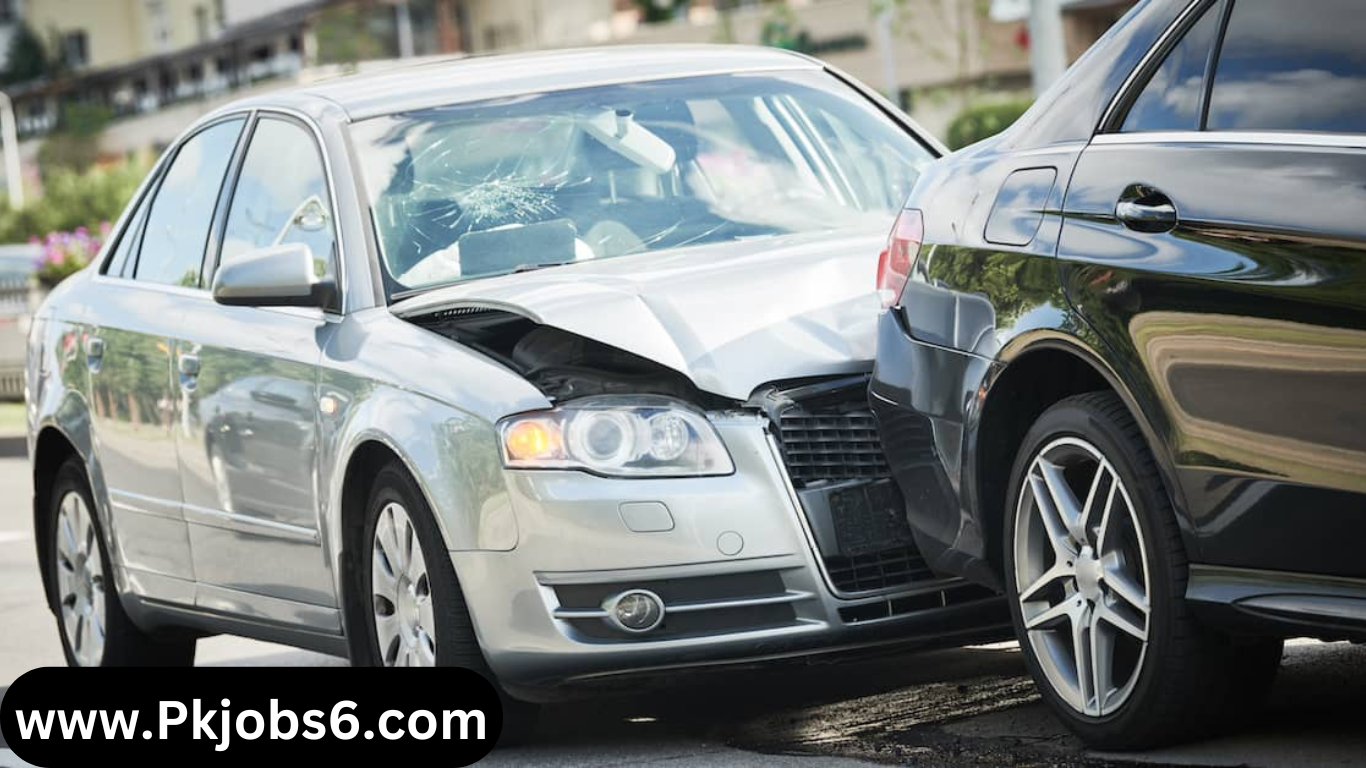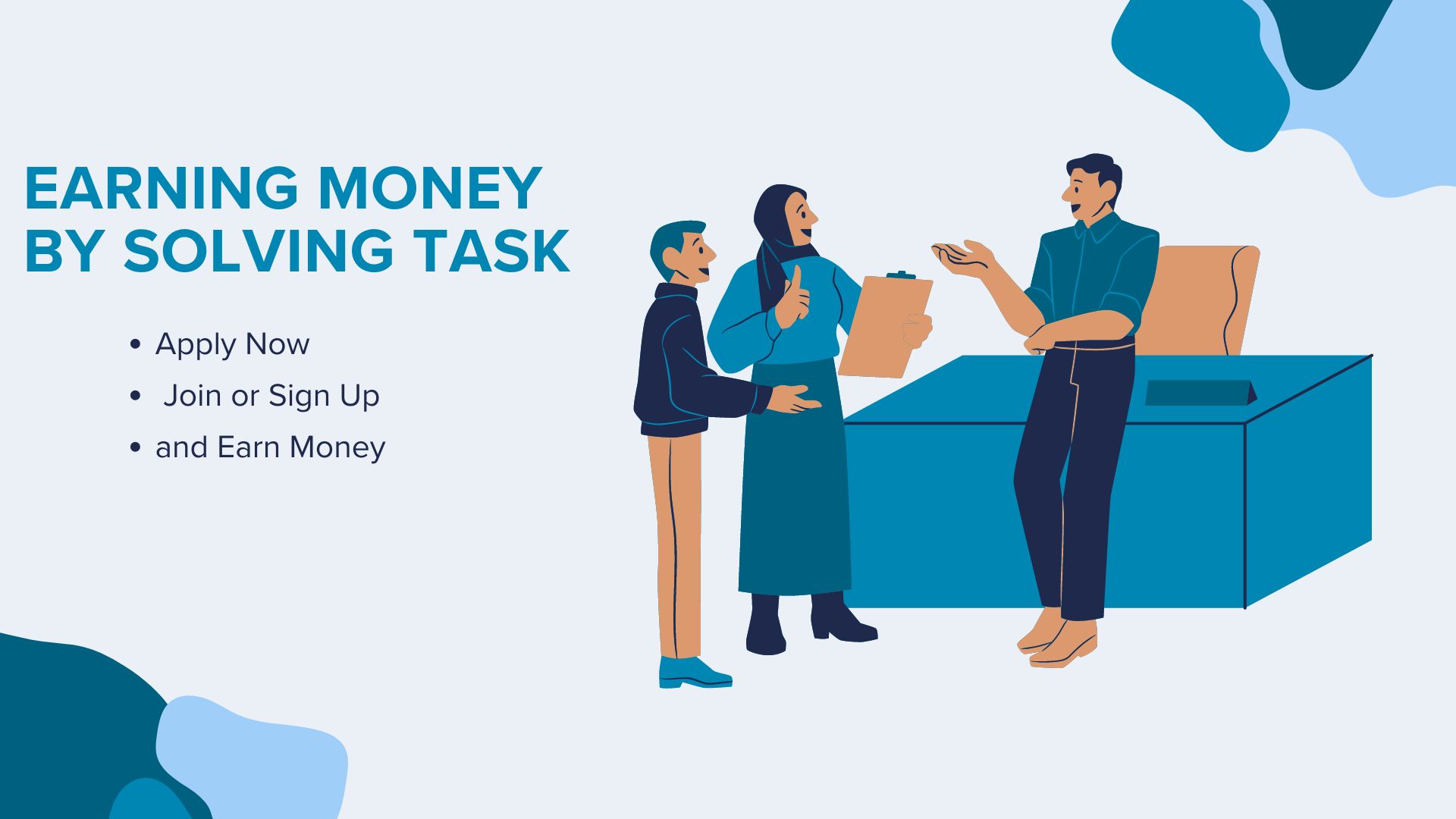
Car accidents are an unfortunate and common occurrence in the United States. With millions of vehicles on the road and an ever-increasing number of drivers, the chances of being involved in a car accident are significant. In fact, according to the National Highway Traffic Safety Administration (NHTSA), there are approximately six million car accidents in the U.S. each year. While some accidents result in minor property damage, others can lead to serious injuries or even fatalities. This article will explore the common causes of car accidents in the USA, the consequences, and what legal steps you can take if you’re involved in one.
also read: Car Accident Lawyer
1. Common Causes of Car Accidents in the USA
Car accidents happen for a variety of reasons, ranging from human error to environmental factors. Understanding the most common causes of car accidents can help raise awareness and possibly prevent future incidents.
- Distracted Driving: One of the leading causes of car accidents in the USA is distracted driving. With the widespread use of smartphones and other electronic devices, drivers often take their eyes off the road to text, call, or check social media. Even a few seconds of inattention can lead to a serious collision.
- Speeding: Exceeding the speed limit is another significant cause of accidents. Speeding reduces the time drivers have to react to obstacles or sudden changes in traffic, increasing the likelihood of a crash. It also makes accidents more severe due to the greater force of impact.
- Driving Under the Influence (DUI): Alcohol and drugs impair a driver’s ability to make sound decisions and react quickly. Despite public awareness campaigns, DUI remains a major cause of fatal car accidents. Driving under the influence is illegal in all 50 states, and penalties for DUI can be severe, including fines, license suspension, and imprisonment.
- Weather Conditions: Poor weather conditions, such as heavy rain, snow, fog, or ice, can make roads hazardous. Reduced visibility and slippery roads increase the likelihood of accidents. Drivers are encouraged to reduce their speed and increase their following distance in adverse weather.
- Running Red Lights and Stop Signs: Failure to obey traffic signals, such as running red lights or stop signs, is a leading cause of intersection accidents. These crashes can be particularly dangerous due to the high speeds involved.
- Reckless Driving: Aggressive or reckless driving behaviors such as tailgating, weaving in and out of traffic, or ignoring traffic laws put everyone on the road at risk.
2. Types of Car Accidents
Car accidents come in many forms, ranging from minor fender-benders to catastrophic collisions. Some common types of car accidents include:
- Rear-End Collisions: These occur when one vehicle crashes into the back of another. They are often caused by tailgating, distracted driving, or sudden stops.
- Head-On Collisions: This type of accident happens when two vehicles traveling in opposite directions crash into each other. Head-on collisions are often fatal due to the high speeds involved.
- Side-Impact Collisions (T-Bone): These occur when one vehicle strikes the side of another, often at intersections. Side-impact accidents can be particularly dangerous for the occupants of the struck vehicle, as the sides of cars offer less protection than the front or rear.
- Rollover Accidents: Rollover accidents are more common in SUVs and other high-profile vehicles. They occur when a vehicle flips over onto its side or roof, often due to sharp turns, speeding, or collision impacts.
- Hit-and-Run Accidents: In a hit-and-run, the driver responsible for the crash leaves the scene without exchanging information or offering assistance. Hit-and-runs are illegal, and victims of such accidents may have limited options for seeking compensation.
3. Consequences of Car Accidents
The consequences of car accidents in the USA can be far-reaching, affecting individuals physically, emotionally, and financially. Some of the most significant consequences include:
- Physical Injuries: Injuries from car accidents can range from minor cuts and bruises to severe trauma such as broken bones, spinal cord injuries, or traumatic brain injuries. Some injuries may require long-term medical treatment or lead to permanent disability.
- Emotional and Psychological Impact: Car accidents can have a lasting emotional impact. Many people experience anxiety, depression, or even post-traumatic stress disorder (PTSD) after a serious accident.
- Property Damage: In addition to personal injuries, car accidents often result in significant damage to the vehicles involved. Repair costs can be high, and in some cases, vehicles may be totaled.
- Financial Burden: The costs associated with car accidents can be overwhelming. Medical bills, lost wages due to time off work, vehicle repairs, and increased insurance premiums all add up. Without proper insurance coverage, these expenses can place a heavy financial strain on accident victims.
- Legal Consequences: Drivers found at fault for a car accident may face legal repercussions. Depending on the severity of the crash, this could range from traffic tickets and fines to more serious charges like reckless driving or DUI. In fatal accidents, drivers may face criminal charges such as vehicular manslaughter.
4. Steps to Take After a Car Accident
If you’re involved in a car accident, knowing what to do next can help protect your legal rights and ensure that you receive the compensation you’re entitled to. Here are some critical steps to take after an accident:
- Check for Injuries: Your first priority should be to check yourself, your passengers, and others involved in the accident for injuries. Call 911 if anyone is injured.
- Call the Police: Even if the accident seems minor, it’s essential to report it to the police. They will file an official accident report, which can be crucial when filing an insurance claim.
- Gather Information: Collect the contact information, driver’s license numbers, and insurance details of all parties involved. If there are witnesses, take their contact information as well.
- Document the Scene: Take photos of the accident scene, vehicle damage, and any visible injuries. This evidence will be helpful when dealing with insurance companies or in court.
- Seek Medical Attention: Even if you feel fine, it’s important to get a medical evaluation. Some injuries, such as whiplash or concussions, may not be immediately apparent.
- Contact Your Insurance Company: Report the accident to your insurance company as soon as possible. Provide them with all relevant information, including the police report and any medical documentation.
- Consult a Car Accident Lawyer: If the accident resulted in significant injuries, property damage, or disputes with the other driver’s insurance company, consulting a car accident lawyer is essential. They can help you navigate the legal process and ensure you receive fair compensation.
5. Filing a Car Accident Claim
If you’re involved in a car accident in the USA, you will likely need to file a claim with either your insurance company or the at-fault driver’s insurer. The process typically involves:
- Filing a Report: Provide your insurance company with a detailed account of the accident, including the police report and any evidence you’ve collected.
- Medical Documentation: If you’ve been injured, submit medical records, bills, and proof of any treatments you received. This will help determine the compensation you’re entitled to for medical expenses.
- Property Damage Estimate: You’ll need to get an estimate of the cost to repair or replace your vehicle.
- Negotiating with Insurers: Insurance companies may try to offer a lower settlement than what you deserve. If you feel the offer is inadequate, your lawyer can negotiate on your behalf to get a fair amount.
6. Conclusion
Car accidents in the USA are an unfortunate reality of modern life. Whether caused by distracted driving, speeding, or weather conditions, these incidents can have serious consequences for everyone involved. Knowing what steps to take after an accident and understanding your legal rights is crucial in ensuring that you receive fair compensation for any injuries or damages. Consulting with an experienced car accident lawyer can help you navigate the claims process, protect your rights, and secure the financial compensation you need to recover and move forward.







